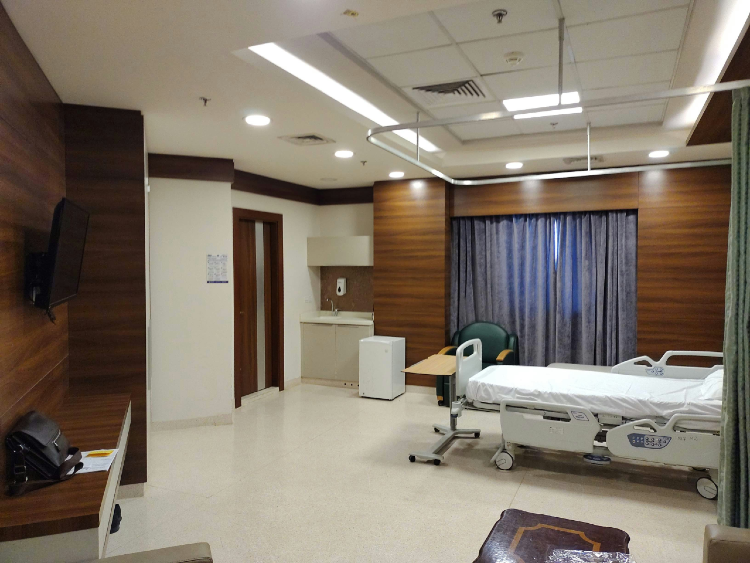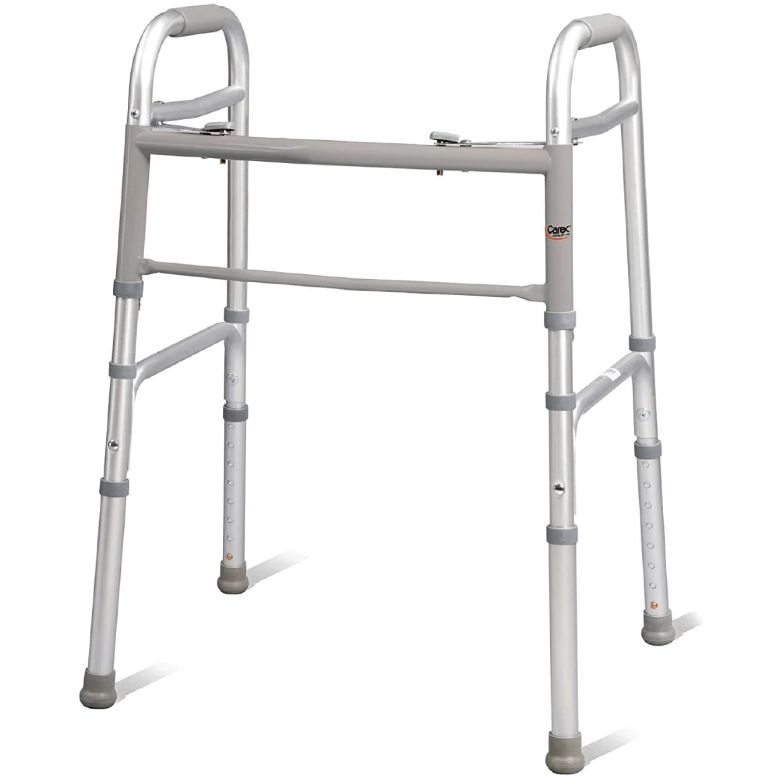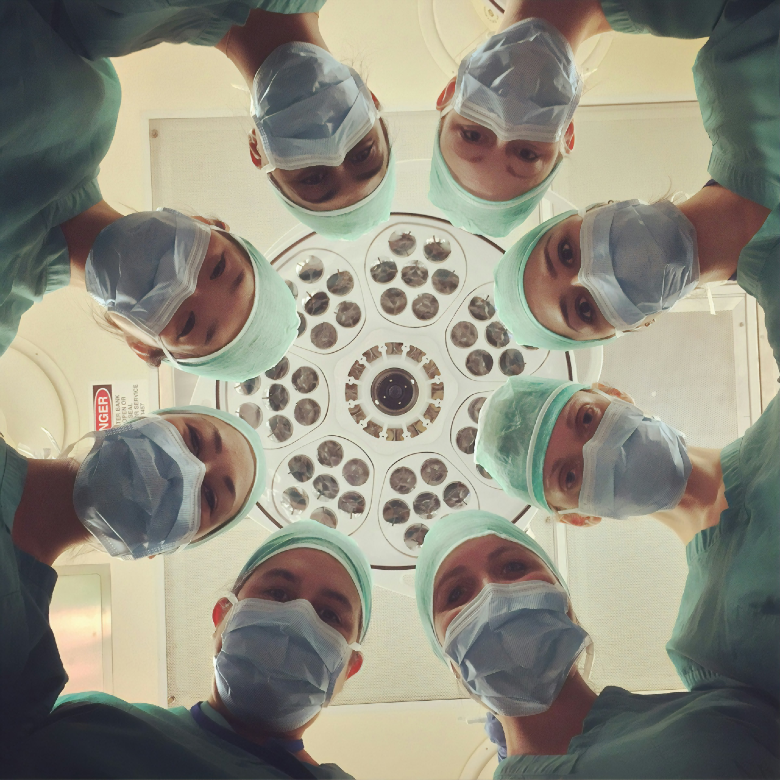Hospital Stay to Make You Strong
As mentioned in posts before, I needed an overnight hospital stay after my knee procedure. I never went into the reason for this. It was due to my being at high risk for the procedure due to several factors. My weight was excessive, having a body mass index (BMI) of 45. Doctors recommended having a BMI of 40 or less at the time of the procedure. See this article for further information. I have type 2 diabetes with a neuropathy-type condition caused by the diabetes or spine issues. These gave the doctor enough concern to keep me for observation post-surgery.
Hi, I’m Paul. My mission is to share my personal health experiences aiming to review what I’ve been through with you. I hope you use the information and guidance I provide to make informed decisions about your situations and improve your life in a positive way. Learn more about me.
Moving Into My Room
After the operation and spending several hours in the hospital recovery room, the medical staff transferred me to a private room. The room could have two beds, but only one was there. I considered it a private room. I met my nurse right away, and he made sure I had everything I needed. He gave me the lay of the land as far as what to expect. This included:
- Monitoring, which involves waking up for vital sign checks and medication.
- Doctors coming in early to check on patients, which meant there was a good chance one of them would wake me.
- Scheduling in-hospital physical therapy.
If I continued to progress well and physical therapy believed I could handle it at home, they would discharge me the next day.

Hospital Stay and Chow Time
It was dinner time by the time I got to the room. Seeing that my dinner came with the rest of the floor’s meals surprised me. Based on past experiences, I thought special effort would be needed to get my dinner since I was new to the floor. I don’t know if my nurse took care of getting me food or if it was the way it worked. Regardless, I was grateful for the food no matter how it got to me.
Maneuvering the Hospital Stay
I received a walker and could choose between using a bedpan, a bottle, or trying to walk to the bathroom. The first time I opted for the bottle to pee in, but later in the evening I tried to walk using the walker with help from the nurse. By now the block used for surgery had worn off. It was difficult and painful to not only put pressure on my legs but also to move them in general. It was especially hard to bend my left knee to walk. I wasn’t allowed to get out of bed on my own, so I had to buzz for a nurse or aide to help me to the bathroom. When I received the walker, someone from the inpatient physical therapy department came and showed me the proper way to use it. Given my size, I needed a larger, wider walker than the one provided.

The Care I Received During Hospital Stay
Yes, my doctor, the surgeon in particular, came to check on me very early in the morning. His aggressiveness towards my knee surprised me. He pushed, pulled, and bent my leg a lot further than I was able to do on my own. He stressed that I should push myself and do the exercises physical therapy gives me. I needed to be as active as possible. My doctor reviewed the pain medication I was on and how it would change after my discharge. I was able to ask any questions I had, such as:
- Do I have any restrictions?
- What type of issues or complications should I watch for?
- When am I able to shower?
- When would I see him in his office?
I also saw the nurse practitioner who was in the operating room with the doctor later that morning. I know he did the stitching up of my leg because I saw him when they woke me as surgery was ending. He said, “just finishing up” the stitching. Many nurses and some hospital doctors came in to see me as well.
Satisfied or Not with Hospital Stay?
I was very satisfied with the hospital stay. The care I received was top-notch. It was definitely the right decision to remain overnight. I am happy my doctor had the experience to know that it would be best for me. I cannot imagine what it would have been like to come home right after surgery. The hospital staff and doctors were very helpful. They were also professional and courteous. I was always their priority, and they responded to me on time, whatever my need was. Whether it was pain medication, getting up for the bathroom, or if I had a question, I never felt like I was bothering anyone. I know that should not be my thought since they were there to help me, but that is how I am. For the most part, I received what I thought I would need to ask for or demand during my stay without even having to ask. The following illustrates this.
- The walker they had ready to help me get around.
- A schedule of when things were to happen, like doctors checking on me.
- Physical therapy coming to the room and being scheduled for post-release.
- Having extra supplies for me to take home.
Things to Consider
It is important to try to have your existing medical conditions under control, i.e., BMI, diabetes, etc., before any surgery. I see doctors on a regular basis for my medical conditions. As I mentioned before, the medical clearance part of presurgical testing is critical. It identifies issues that the surgeon needs to know about.
Know your insurance. In my case, my insurance covered a walker or a cane but not both. You will need both, as you will learn in future posts. I chose the walker for two main reasons. First, I needed the walker right away. It was better for the hospital to provide it for me so I had it when I needed it. Next, the walker is more expensive than a cane. I prefer insurance to pay for the more expensive item.
Understand any and all restrictions you have. If the restrictions are physical, you can practice them in the hospital while you are there. This includes any pain medications you are taking. Understand how they can make you feel and the possible reactions you may have to them. Also, know what medications you will be taking home or picking up from the pharmacy. Most likely, they will be different from what you took in the hospital.
What’s Next
In my upcoming posts, I will go into the physical therapy I received in the hospital. I needed to prove to them that I could handle myself at home before they would sign off on my discharge. I will also go into possible complications from surgery, as well as those I experienced. Finally, I will also look at this surgery from preparation to completion to see if it matched my expectations.


